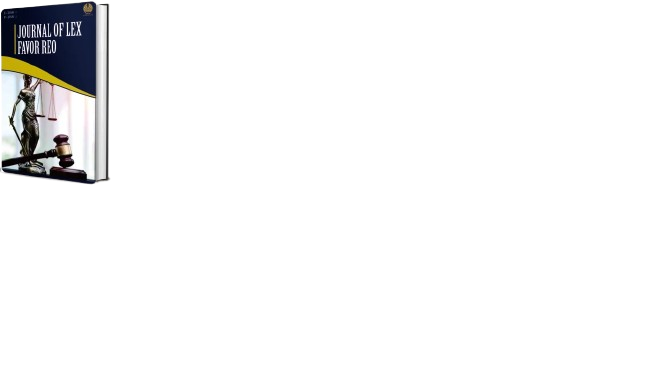Legal Vacuum of LGBT in Indonesia: A Multidimensional Analysis of Implications, Challenges, and Solutions
DOI:
https://doi.org/10.26740/lfr.v1i1.40717Keywords:
LGBT Rights, Legal Vacuum, Human Rights, Legal ProtectionAbstract
Objective: This study analyzes the legal vacuum surrounding the protection and recognition of LGBT rights in Indonesia, focusing on the unclear legal status due to the absence of explicit national legislation, which results in discrimination and legal uncertainty.
Theoretical Framework: The research analysis is based on several main theoretical frameworks, namely Human Rights Theory which emphasizes the protection of individual rights without discrimination, Cultural Relativism Theory which highlights the importance of cultural and religious contexts in the application of law, Legal Politics which discusses the direction of state legal policies, and Social Stigma Theory which explains the processes of discrimination and marginalization of LGBT groups in society.
Method: Using a normative legal qualitative approach, this study reviews national and regional laws, decisions of the Constitutional Court, drafts of the Penal Code, and academic literature through comparative analysis.
Results and Discussion: Findings indicate a significant gap between the principles of universal human rights and the legal realities of conservative culture and religion in Indonesia, which allows for systemic discrimination and arbitrary law enforcement. Strong social stigma exacerbates the marginalization of LGBT.
Research Implications: This study highlights the urgent need for inclusive and human rights-based legal reforms and constructive dialogue between the state, society, and minority groups to promote social justice.
Originality/Value: This research provides a comprehensive mapping of the legal gaps in Indonesia related to LGBT issues, offering theoretical and practical insights for fair and equitable regulation in a pluralistic society.
Downloads
Published
How to Cite
Issue
Section
 Abstract views: 361
,
Abstract views: 361
, PDF Downloads: 426
PDF Downloads: 426






